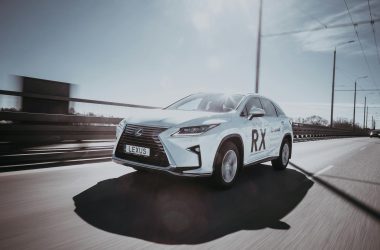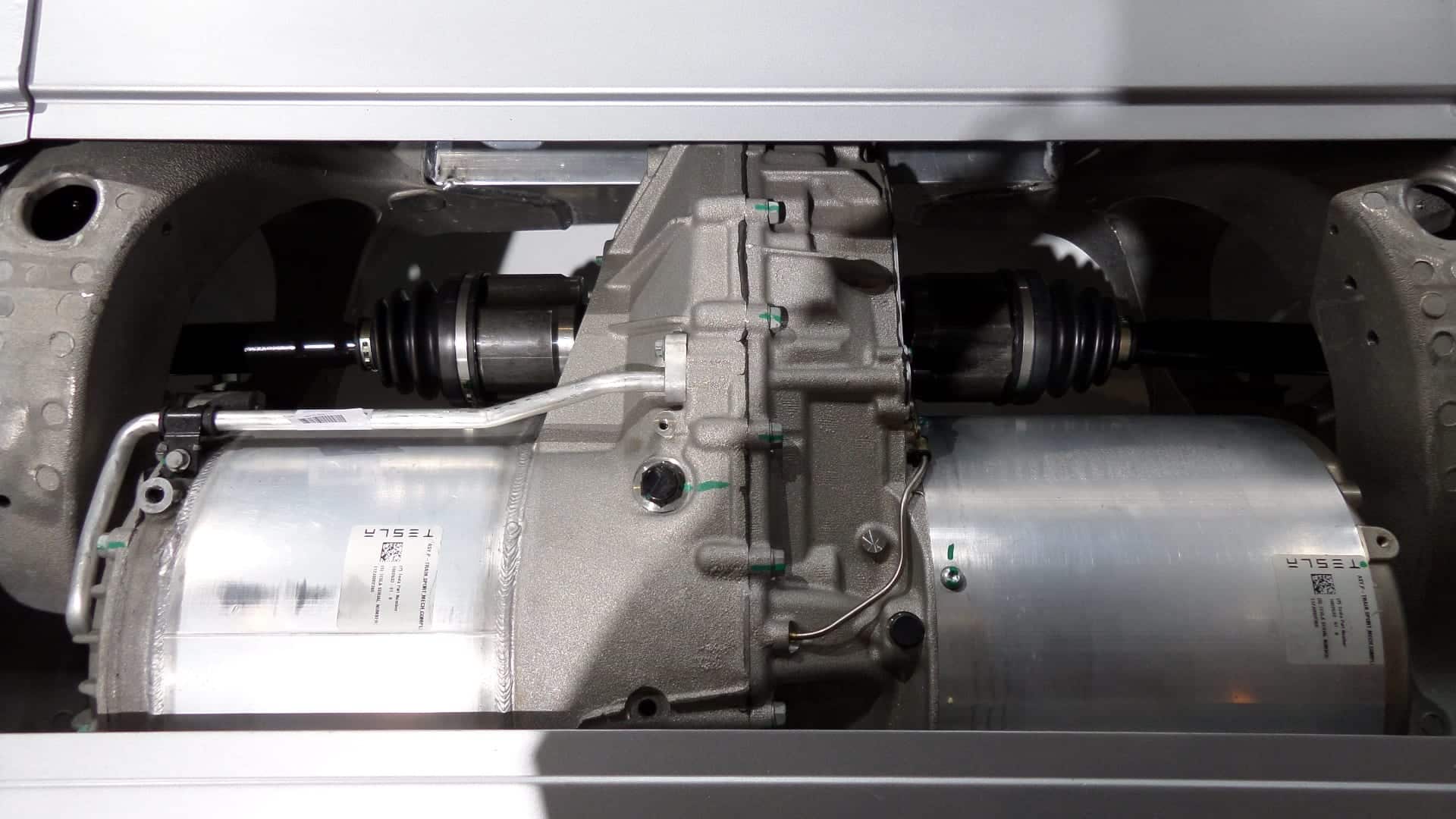The Obama administration unveiled the Clean Power Plan, a 15-year project aimed at reducing America’s detrimental dependence on fossil fuels. The plan has specific directives for each state to reduce their fossil fuel reliance by 2030.

Image obtained with thanks from Daniel Borman via Flickr.
Alex Laskey, the president of Opower (an energy company) commented on the plan, saying that it will have stark implications on the energy industry and peoples’ lifestyles. Of course, that isn’t surprising for a firm plan that actually enacts significant change. In order to put a stop to climate change, the world has to stop consuming fossil fuels.
Therefore, the entire fossil fuel industry has to go (inevitably, unless they transition from the shrinking fossil fuel industry). Many people act as if this is brutal, or harmful to the economy, but it is a harsh reality which cannot be avoided. That reality most likely motivated the push to ‘clean’ coal, which entails pumping CO2 emissions into reservoirs. If a certain act is doing significant damage to the environment (and economy, in this case), it needs to stop, regardless of how widespread it is and how many peoples’ lifestyles have to change.
No excuses can be made at this point. Laskey wasn’t necessarily wrong. He was simply pointing out that the plan is going to require significant change. Laskey commented that the plan requires utility companies to reduce their emissions, likely prompting them to improvise in creative ways. For example, they may set up electric vehicle charging stations to compensate for any loss of revenue.
If this does end up costing power companies considerably, the adoption of electric vehicles could help them offset that cost. They could (and probably will) also start utilizing renewable power sources. This just goes to show that the rise of energy efficiency, vehicle electrification, and renewable energy are all a piece of the puzzle. The puzzle can’t be complete if any of those pieces are missing.
Renewable energy adoption cleans up the grid, making vehicle electrification more environmentally sound, vehicle electrification will eliminate tailpipe emissions, and energy efficiency reduces overall energy expenses (therefore, people will need fewer solar panels, wind turbines, and other generators). I should add that the plan requires buildings to be more energy-efficient, saving customers money on electricity.









